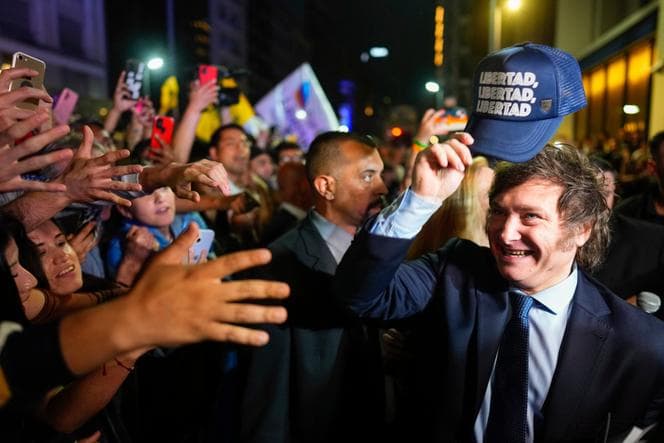Tweet Alleges "Libertarian Virgos" Exhibit Fascist Tendencies Through Attacks on Messengers

A social media user identified as "santi" recently posted a strong critique on the platform X, accusing a segment of libertarian supporters in Argentina of exhibiting "fascist" tendencies by "rejoicing in attacking the messengers." The tweet, dated September 2, 2025, reflects the heightened political polarization prevalent in the country, particularly concerning the libertarian movement led by President Javier Milei.
The term "virgos libertarios" has emerged in Argentine discourse as a derogatory label, often used by critics to describe certain young male supporters of Milei's libertarian ideology, implying social immaturity or a disconnect from real-world issues. This sentiment underscores the deep ideological chasm within Argentina's political landscape.
Critics of President Milei and his "La Libertad Avanza" movement have frequently drawn parallels between his rhetoric and policies and historical authoritarian or fascist movements. These accusations often stem from his confrontational style, his government's approach to human rights issues, and his perceived historical revisionism regarding Argentina's last military dictatorship. For instance, Milei has been accused of promoting a "culture war" and making aggressive remarks towards political opponents and the media.
The accusation of "attacking the messengers" aligns with observed patterns of political discourse in Argentina, where public figures, including President Milei, have engaged in direct and often harsh critiques of journalists, opposition leaders, and those who challenge their narratives. This style of engagement, while embraced by some as a sign of strength against the "political caste," is seen by others as an attempt to silence dissent and undermine democratic institutions.
Conversely, Milei's supporters and some analysts contend that labeling his movement as "fascist" is a mischaracterization, arguing that his core ideology is rooted in individual liberty, free markets, and minimal government intervention, which fundamentally oppose the statist and collectivist tenets of fascism. They view his strong rhetoric as a necessary tool to dismantle what they perceive as a corrupt and entrenched political establishment. The ongoing debate highlights the intense ideological battles shaping Argentina's political future.